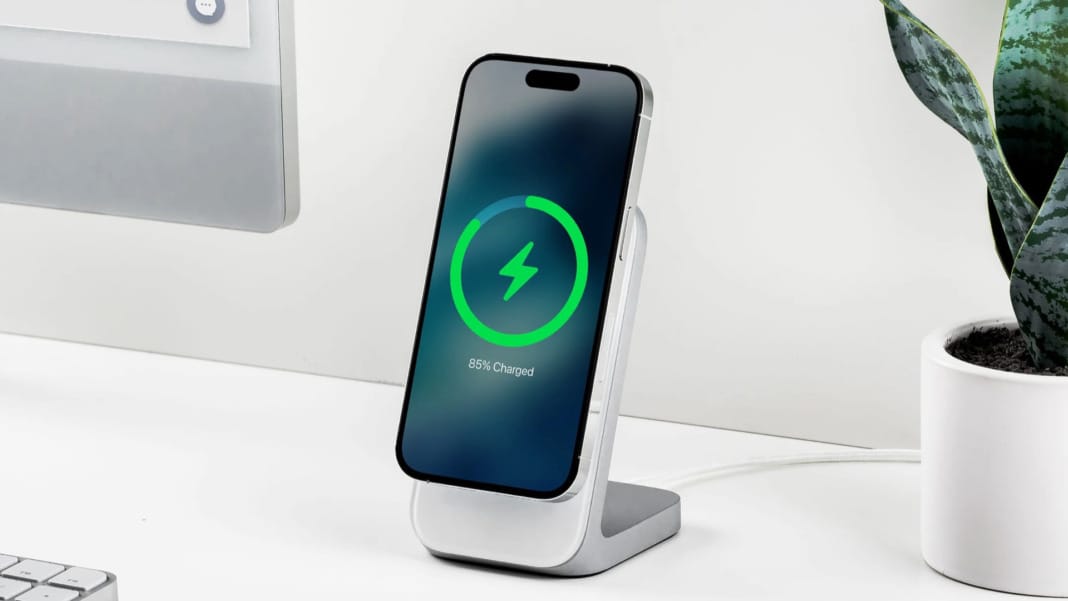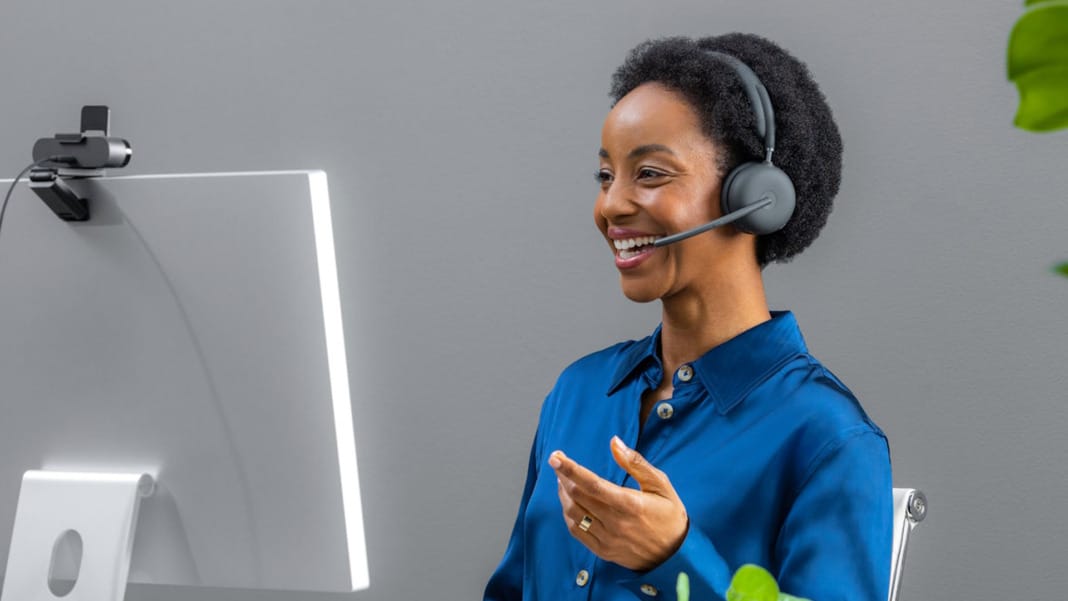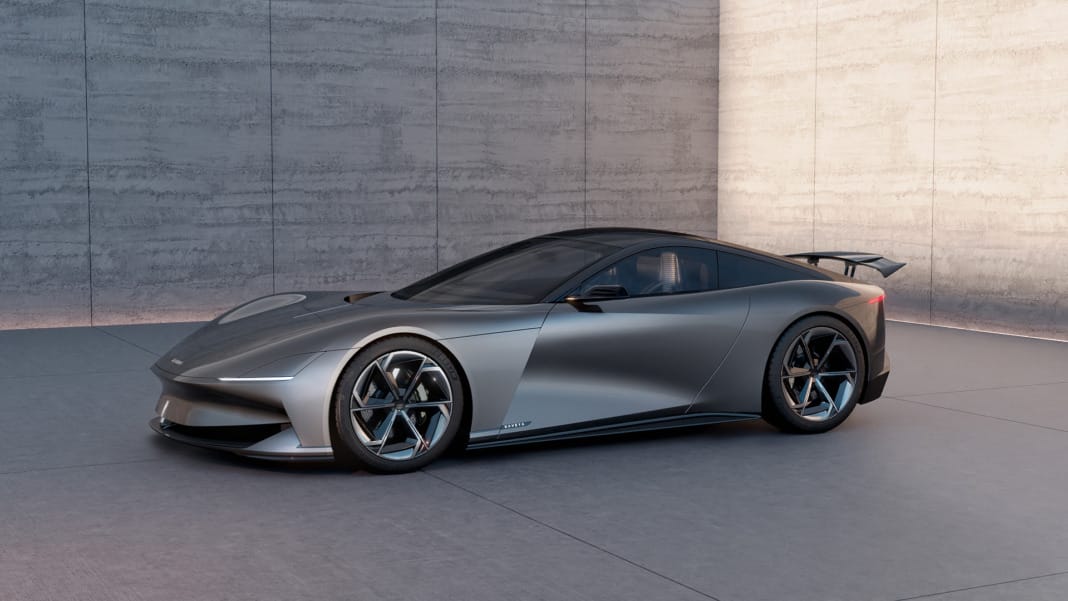Qi2 is set to revolutionise wireless charging. The Wireless Power Consortium (WPC) recently announced that the first devices compatible with Qi version 2.0 are nearing the end of the certification process. This innovation is expected to hit the market just in time for the holiday season. With over 100 devices either undergoing certification or awaiting their turn, the iPhone 15 series will be the first to boast Qi2 certification.
The evolution of Qi
Qi is the universal standard for wireless charging, found in devices ranging from Androids to iPhones. Qi2 builds upon this with significant updates. One of the most notable features of Qi2 is the inclusion of MagSafe-like magnets, contributed by Apple, enhancing coil alignment for more efficient charging. This promises to make wireless charging faster and less fiddly.
Qi2 will also standardise charging rates across devices. Presently, iPhones charge at a maximum of 7.5W using standard Qi chargers, whereas they can reach 15W with more expensive MagSafe-certified chargers. Android phones vary, typically charging around 9 to 10W on standard Qi chargers. Qi2 aims to unify these discrepancies, offering up to 15W charging for all compatible devices.
Qi2: Universal compatibility and future prospects
Only Qi 2.0 devices with the Magnetic Power Profile will carry the Qi2 branding. This latest version includes enhancements to the existing wireless charging Extended Power Profile (EPP), even for devices without magnets. Paul Golden, WPC’s marketing director, emphasised that all Qi v2.0 devices will be interoperable, ensuring a magnetic charger can charge a non-magnetic Qi v2.0 device and vice versa.
The potential for adding Qi2 capabilities to existing devices via third-party accessories like cases is also on the horizon. The WPC is optimistic about this possibility in the future.
Certification and availability
The WPC had been awaiting the delivery of certification equipment since the launch of the iPhone 15, which was announced with future Qi2 wireless charging capabilities. Companies like Anker, Belkin, and Mophie have already announced Qi2 chargers pending certification. The first batch of these chargers is expected to complete certification soon and will be listed in the Qi product database upon approval.
The broader Qi2 ecosystem
Beyond the iPhone 15 family, other Qi2-compatible devices known so far include chargers and battery packs. The compatibility of earlier MagSafe iPhones with Qi2 remains to be determined. However, the purpose of Qi2 is to provide a universal solution, making it likely that various Android manufacturers will soon join the fray.
Google seems a likely candidate to incorporate Qi2 in its upcoming Pixel devices. Liyu Yang, a Google senior hardware engineer specialising in wireless charging for Pixel phones, has recently joined the WPC board of directors, indicating Google’s interest in next-generation wireless charging technologies.
In conclusion
Qi2 is set to make wireless charging more efficient, faster, and universally compatible. With the promise of up to 15W charging for all compatible devices and easier alignment thanks to MagSafe-like magnets, Qi2 represents a significant leap forward in wireless charging technology.





